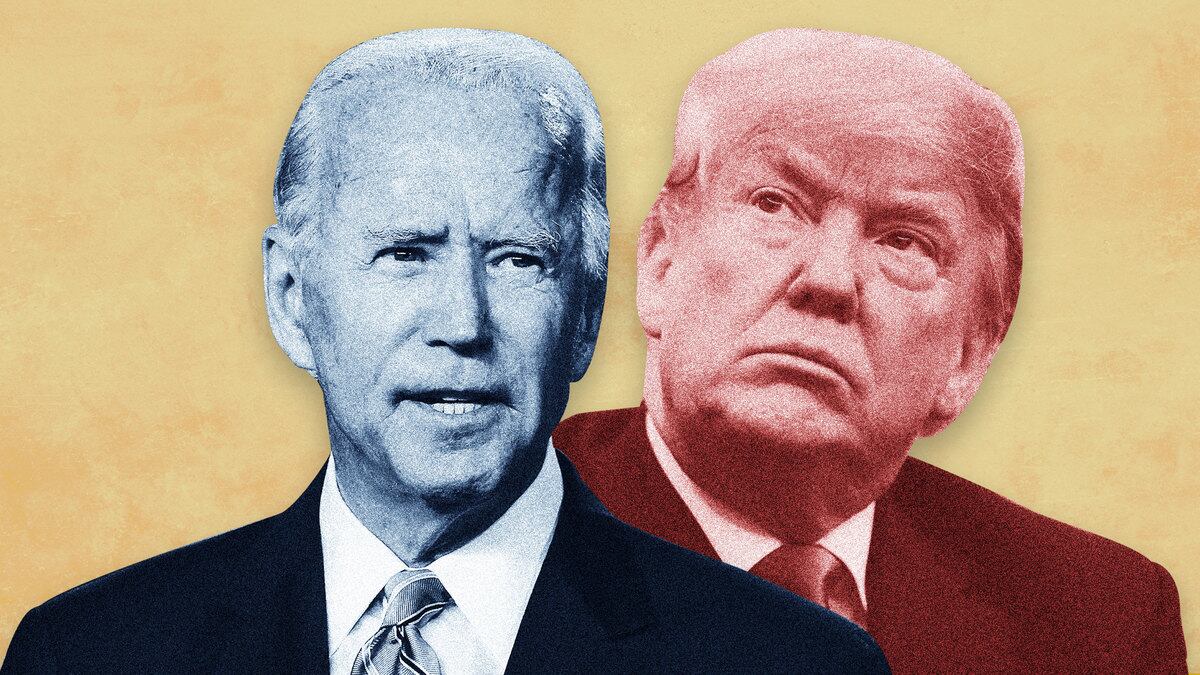Elections
Photo Illustration by The Daily Beast/Getty
The Big Hole in Biden and Trump’s COVID Vaccine Plans
TRUST DEFICIT
Even when there is a COVID vaccine, getting people to agree to get it will be a huge undertaking no matter who wins in November.

Trending Now





